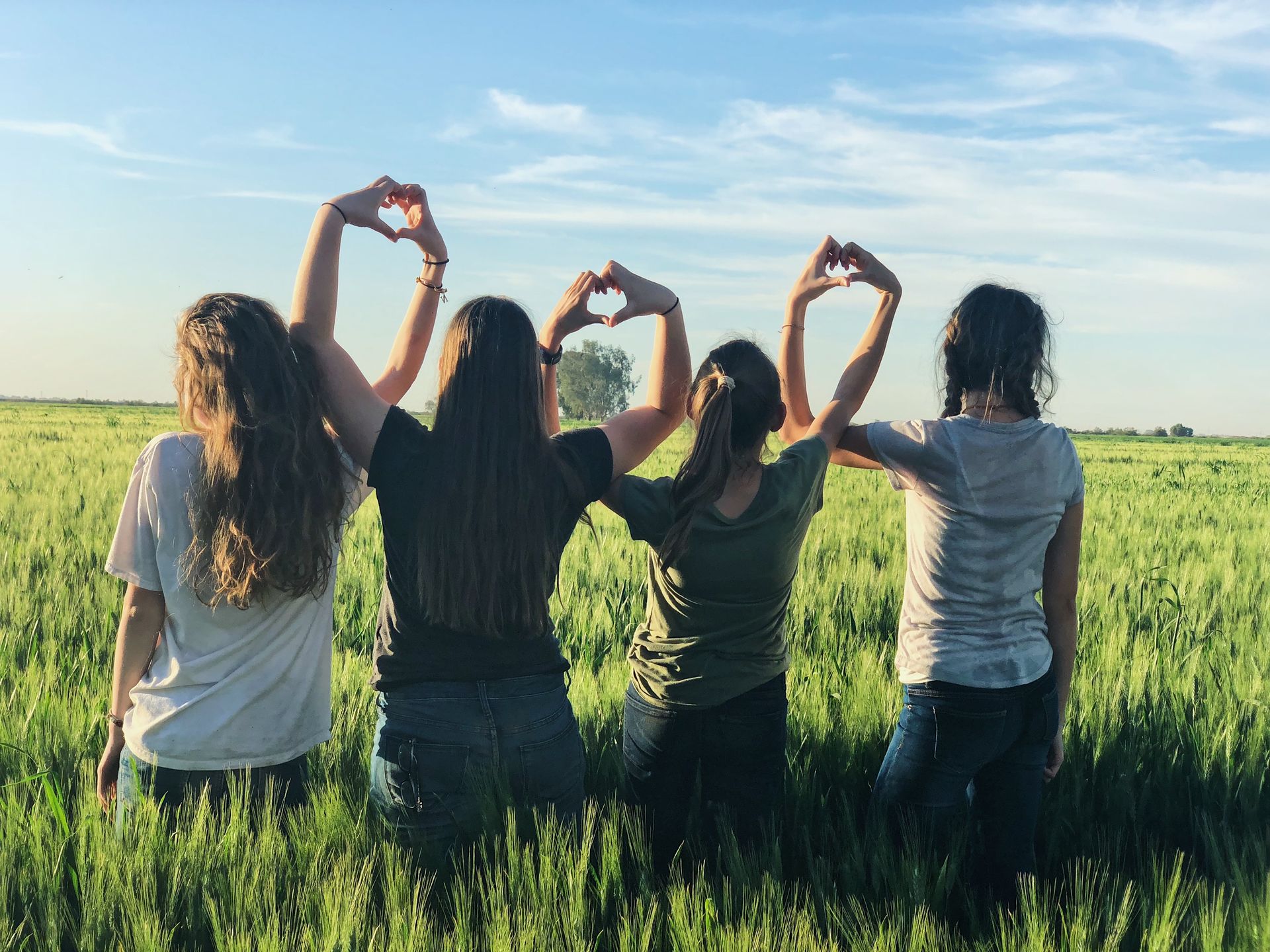
How do these famous quotes sound to you:
“It is better to be in chains with friends, than to be in a garden with strangers.”
“Love is blind. Friendship tries not to notice.”
“To have a friend, you have to be a friend.”
“The only unsinkable ship is FRIENDSHIP.”
Do any of these quotes seem unrealistic? Often people like to romanticize about friendship. But the reality is, like any relationships, they can be positive or negative. And they can take a lot of plain old hard work.
Some people yearn for intimacy in their friendships. Meanwhile, many others who have been hurt by a friend are afraid of intimacy in a friendship. When these two different kinds of people meet and become friends, it sets up an imbalanced relationship.
For the person looking for intimacy, it’s important to be sensitive of the other person. Are they being friendly but keeping a safe distance? If so, be careful not to push the relationship in a different direction. They may need time to heal. Or, they may not want to be as close to you as you may want to be to them. As much as that thought may hurt, it would hurt much worse to find out they really don’t want to be close friends once you’ve invested a lot of time and energy in the relationship.
And sometimes friendships take time to evolve. Be patient.
If you push a friendship artificially, you may end up feeling hurt, or worst betrayed if things don’t work out. That may make it hard for you to take the risk again. In essence you’ll become like the second person in our example.
On the other hand, if you’re the person who’s afraid of being hurt, you need to work out your feelings. Many people I talk to are struggling to resolve wounds from a friendship painfully gone bad. In some ways, being hurt in a friendship can often be more difficult than being hurt by a family member. Someone once said “You can't choose your relatives, but you can choose your friends.”
To better understand how friendships work or don’t work it’s important to understand how friendships evolve…
Usually you meet a new friend because you have something in common: you like the same sport or you’re in a group together or your personalities just click. So your friendship starts based on some kind of commonality. In the beginning you spend all your time talking about your common interests and you talk entirely about the present. Your conversations are about facts and information.
Then, over time, as a relationship grows, you find yourself opening up more. You express more emotion. You begin to share more of your history — and how you feel about events in your past.
And that’s when people get hurt. It’s not sharing the facts it’s sharing the feelings. In friendships, feelings create intimacy, not facts. And it’s when you feel someone has been insensitive to you or betrayed your confidence that you can get hurt.
As playwright Oscar Wilde said: “A true friend stabs you in the front.” Sometimes it’s not what’s done to our face, but what happens behind our back that hurts most.
And although male and female friendships look different on the outside, there is still intimacy developing under the surface. Under it all, true friendships have a deep sense of loyalty and commitment. A true friend is someone you can call and say, “I need you right now” and they’ll drop what they are doing to be there for you.
Over time, deeper friendships tend to weather more together, so they tend to be able to withstand more. These are the kinds of friendships that songs and poems are written about. In a sense, true friendship is what Woody sang about in Toy Story when he said:
“You’ve got troubles, I’ve got ’em too. There isn’t anything I wouldn’t do for you. We’ll stick together to see it through cause you’ve got a friend in me.”
Additional Resources:
https://fvinstitute.com/building-healthy-friendships-one-step-at-a-time-tell-a-friend/
https://fvinstitute.com/a-regular-checkup-is-good-for-the-mind-as-well-as-the-body/
https://fvinstitute.com/are-selfies-a-sign-of-a-mental-disorder/
https://fvinstitute.com/dependent-personality-disorder-diagnosis-and-treatment/
https://fvinstitute.com/highly-sensitive-people-strengths/



